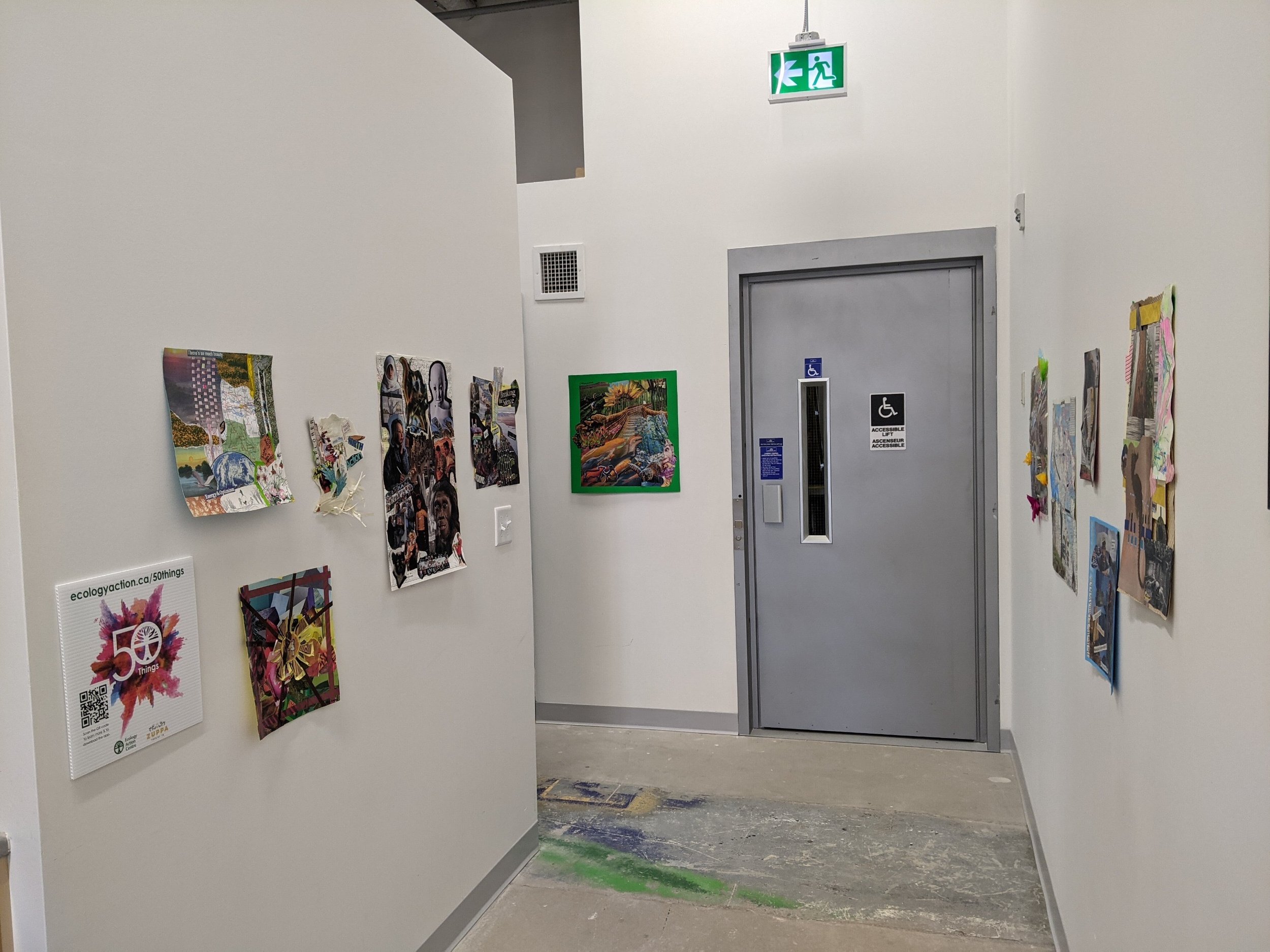During my time in the FUTURES/forward national mentorship program, I was paired with Rup Sidhu as my mentor. As part of FUTURES/forward’s triad model (mentee, mentor, and organization), I was placed in the Ecology Action Centre as an artist-in-residence. In our initial meetings and discussions, we moved from a place of emergence. I find as artist facilitators in the social change sector, we are constantly on the go because justice and systems change work never stops, so we often don’t either. I have been thinking a lot about what it means to evaluate; how can we move away from reports and evaluations, into centring reflection, communication, accountability, and co-creation throughout a process or journey. Especially during the onset of the COVID-19 pandemic, I think there is an urgency around justice organizing and systems change. Something that I learned during a BIPOC Grief Circle is that this urgency often pushes us in a constant state of fast thinking and reactionary practices. It’s through these pressures and feelings of urgency that capitalism can and will pervasively seep into our social change work, and our lives. This is why we find such a high burnout amongst practitioners in justice, non-profit and/or social change spaces. It is here that the somatics practitioner in the BIPOC Grief Circle reminded us that this urgency is real; however, we come from a long and deeply rooted lineage of peoples who have been doing this work, and they encouraged us to lean back into that lineage, remember it, and be grounded in it. There is no need to reinvent the wheel, but instead build on and centre this intergenerational wisdom that we hold in our relationships and ancestors. For me, this is practice of slowing down. Centering relationship building and reflection are a vital piece of art for social change, something I tried to centre during the FUTURES/forward program.
Previous
Previous
Liminality: moving by the Water (performed with Shqdel, 2021)
Next
Next
